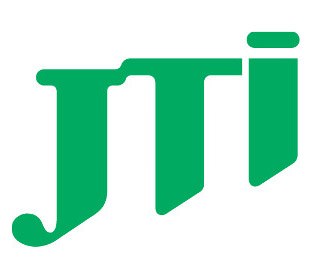Dr Christina Konstantinidou holds a DBA degree in Business Administration from Nottingham Trent University. She received an MBA with Distinction in Business Administration from Kingston University and an MA in Adult Education from the Hellenic Open University.
Furthermore, she holds a BA Honours First Class in Business Management from Kingston University and a BH Honours First Class in Humanities in European Culture with a full scholarship from the Hellenic Open University.
She has extended work experience in the hospitality industry. For 23 years, she has worked as the General Manager of Porto Hydra Hotel (a 4-Star, 300 rooms hotel) with numerous awards and global distinctions. She also worked for 3 years as the General Manager of “Time Share Hellas SA” and contributed to the promotion of alternative tourism products/services. For 21 consecutive years, she was a member of the Board of Directors of Akti Plepi S.A., which contributed significantly to the advancement of the tourist destination of the prefecture of Argolida. For 8 years she was the Managing Director of the company “Diachiristiki S.A.”.
Since 2017 she has worked for BCA College as a member of its academic faculty. In 2018 she took over the Management of the Hospitality & Tourism Management department of BCA, while in 2019, she took over the General Management of BCA College.
She has extensive educational experience in the private sector. She has been a Module Leader in multiple modules delivered in BCA College in partnership with Plymouth University and in collaboration with the University of West London. Also, she has worked educationally with AGSM and the “University Degli Studio Guglielmo Marconi”.
She has been a keynote speaker at conferences and workshops of numerous Greek and multinational companies. Furthermore, she has offered several webinars under the Empowered project, powered by kariera.gr and sponsored by 3E-Coca Cola. Moreover, she has delivered multiple lectures on various projects powered by Regeneration and sponsored by Pireaus Bank. At the same time, she has volunteered her services as a mentor related to Youth and Women Empowered under the coordination of 3E-Coca Cola and kariera.gr
She has published several articles in newspapers and magazines.
The focus of her interest is on adult education, the new trends of hybrid and blended learning, the digital transformation and the tourism and hospitality sector.

































